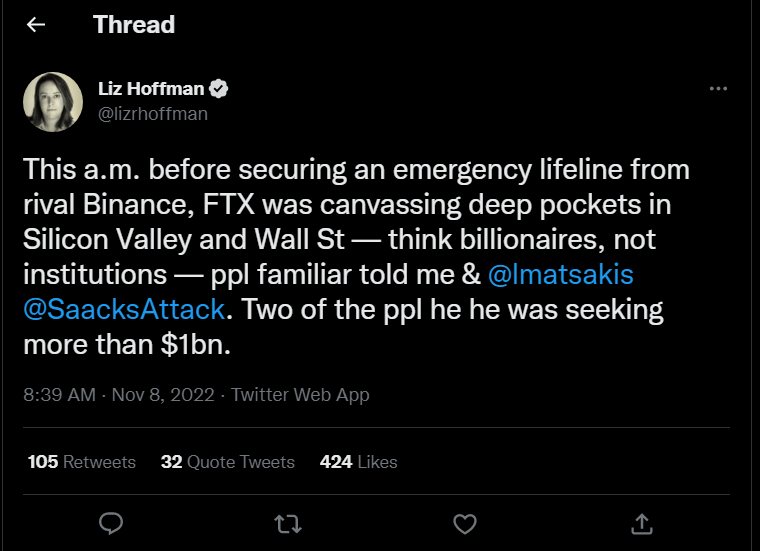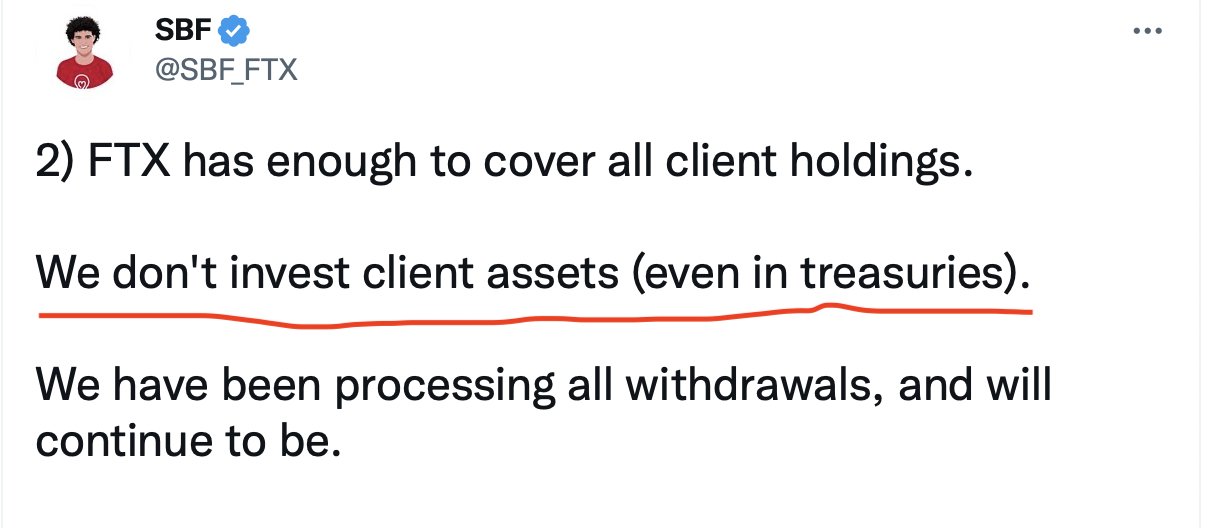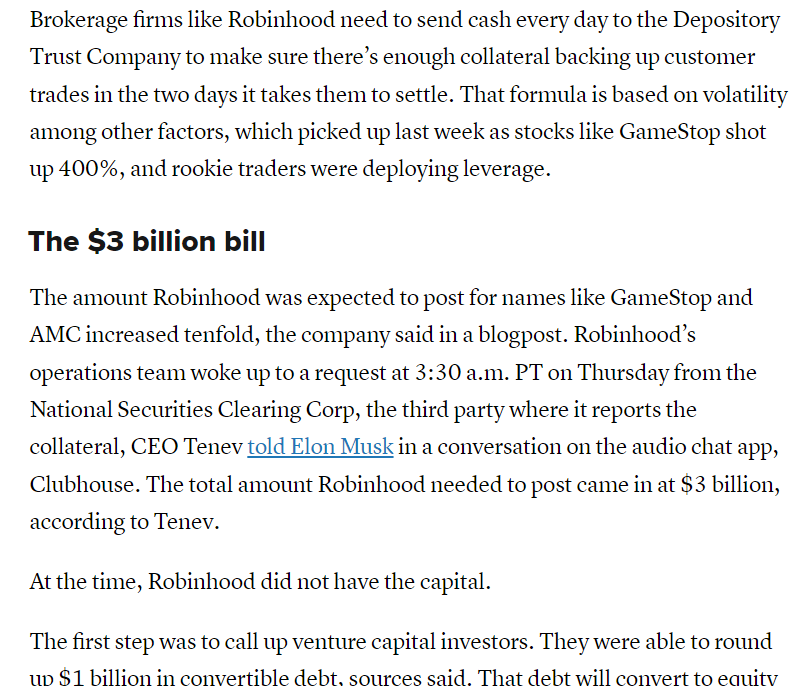Around 1 month ago, I wrote a similar Forum post on the Easterlin Paradox. I decided to take it down because: 1) after useful comments, the method looked a little half-baked; 2) I got in touch with two academics – Profs. Caspar Kaiser and Andrew Oswald – and we are now working on a paper together using a related method.
That blog post actually came to the opposite conclusion, but, as mentioned, I don't think the method was fully thought through.
I'm a little more confident about this work. It essentially summarises my Undergraduate dissertation. You can read a full version here. I'm hoping to publish this somewhere, over the Summer. So all feedback is welcome.
TLDR
* Life satisfaction (LS) appears flat over time, despite massive economic growth — the “Easterlin Paradox.”
* Some argue that happiness is rising, but we’re reporting it more conservatively — a phenomenon called rescaling.
* I test this hypothesis using a large (panel) dataset by asking a simple question: has the emotional impact of life events — e.g., unemployment, new relationships — weakened over time? If happiness scales have stretched, life events should “move the needle” less now than in the past.
* That’s exactly what I find: on average, the effect of the average life event on reported happiness has fallen by around 40%.
* This result is surprisingly robust to various model specifications. It suggests rescaling is a real phenomenon, and that (under 2 strong assumptions), underlying happiness may be 60% higher than reported happiness.
* There are some interesting EA-relevant implications for the merits of material abundance, and the limits to subjective wellbeing data.
1. Background: A Happiness Paradox
Here is a claim that I suspect most EAs would agree with: humans today live longer, richer, and healthier lives than any point in history. Yet we seem no happier for it. Self-reported life satisfaction (LS), usually measured on a 0–10 scale, has remained remarkably flat over the last f








Peter Layman has violated Forum norms in a variety of ways since joining. We are banning Peter for a month with a warning; if their engagement with the Forum continues to violate norms after the ban, we will ban them for a longer period of time.
Here’s a list of some norm violations (this list might not be exhaustive):